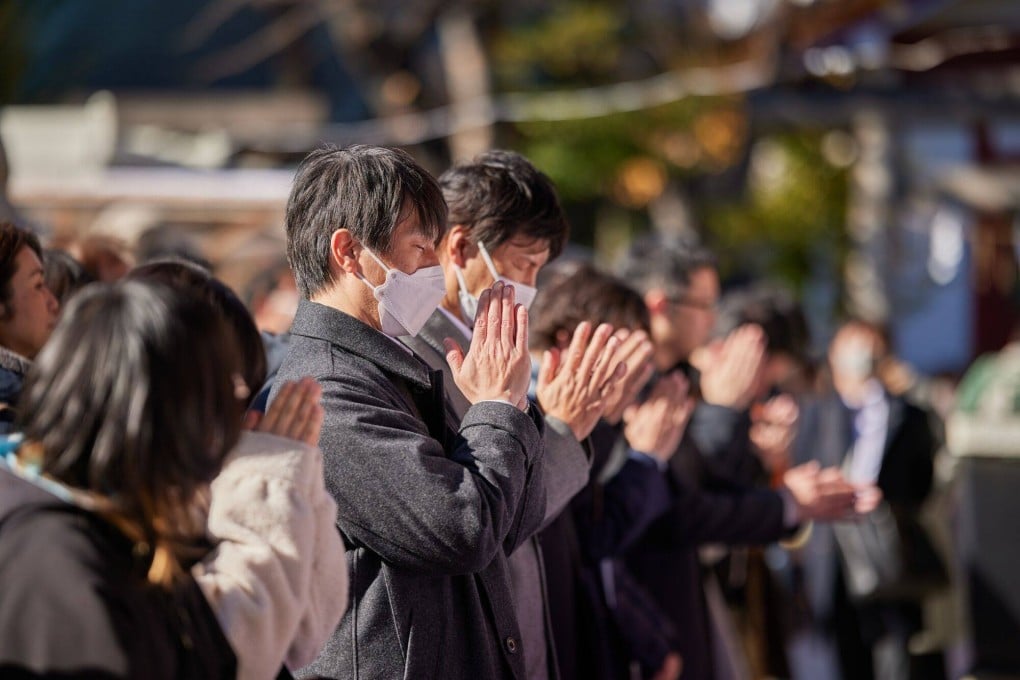Advertisement
My Take | Why Asia largely backs Japan’s defence boost despite its ‘history of aggression’
- Many of Japan’s neighbours have not publicly opposed its surge in defence spending – except China
- The lack of robust response towards a nation with a former militaristic past may be due to the soft power and goodwill Japan has cultivated over decades
Reading Time:3 minutes
Why you can trust SCMP
16

Japan’s increase in military spending and easing of rules on the export of lethal weapons overseas last month was met with hardly any outcry from countries in the Asia-Pacific – with the notable exception of China.
This lack of opposition is largely due to the changing geopolitical environment and the anxieties of regional countries towards Beijing’s rising influence in the region.
Indeed, many Asian countries welcome Japan’s growing deterrence posture in curbing what they perceive as China’s increased attempts at economic and military coercion.
But their lack of robust response towards a nation with a former militaristic past may well be due to the positive image and goodwill that Japan has garnered over the decades.
Advertisement
It may even have to do with the recent apology by the head of a major Japanese departmental store chain over damaged Christmas cakes.
Last month, Tokyo approved a 16.5 per cent increase in defence spending in 2024 to a record US$56 billion, with a focus on missile strike and defence capabilities. Japan also eased its post-war ban on lethal weapons exports, and first on its delivery list are shipments of surface-to-air Patriot guided missiles to the United States.
Advertisement
Predictably, China called the significant hike in Japan’s defence spending “a very dangerous development” that had led to serious doubts among “Japan’s Asian neighbours”.
Advertisement
Select Voice
Choose your listening speed
Get through articles 2x faster
1.25x
250 WPM
Slow
Average
Fast
1.25x
